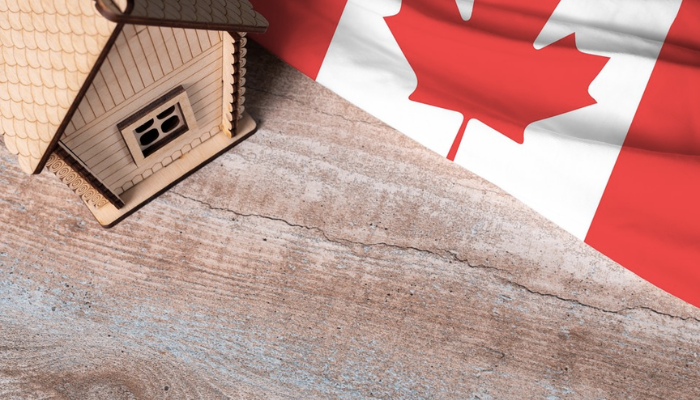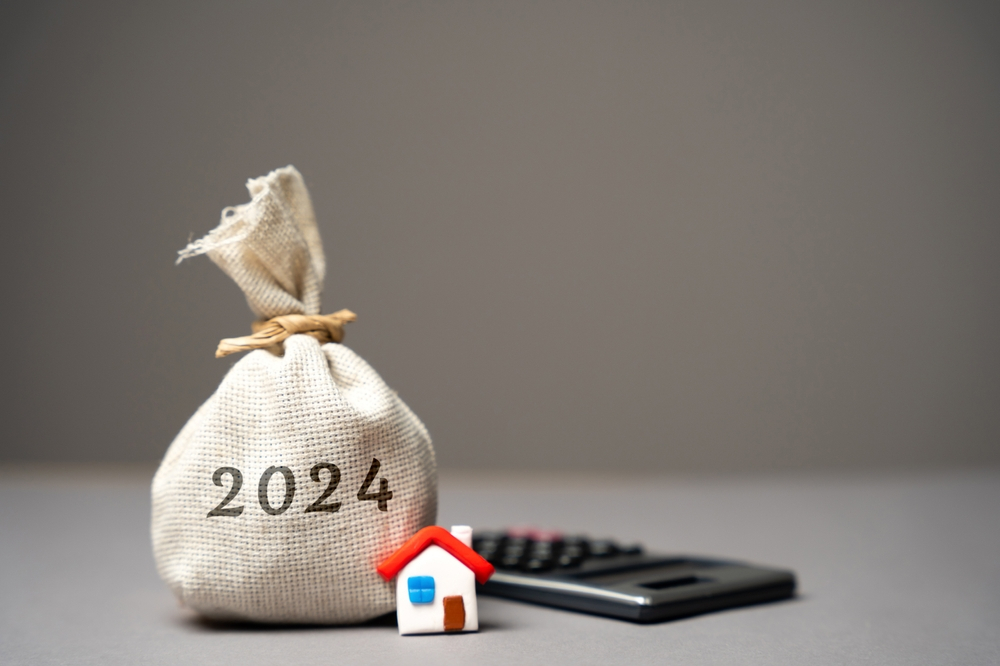One of the most expensive property markets in the developed world is now found in Canada. Home prices have been rising for years, but since the pandemic began, they have dramatically increased. The Canadian government was obliged to propose steps in response to public outrage about rising inflation and the increasing affordability of housing. The government maintains that these policies attempt to slow the market’s expansion.
The Canadian federal government will enact a two-year prohibition prohibiting foreigners from owning Canadian properties as part of these measures, which are detailed in Finance Minister Chrystia Freeland’s budget proposal. Foreign workers, international students, and foreign nationals with permanent residence in Canada are exempt from this ban.
Why Has This Ban Been Implemented?
Some say this foreign buyer prohibition is a response to Canada’s serious housing market supply and demand imbalance. Due to the country’s constrained housing supply, rising demand has gradually driven up real estate prices. The government asserts that by restricting foreign purchases, it intends to protect Canada’s current housing supply.

The budget proposed by Chrystia Freeland also outlines multibillion-dollar plans to finance the development of affordable housing across the nation in an effort to boost supply.
In actuality, this appears to be a move to placate people who are unaware of how simple it is for foreign buyers to get around this legislation. By buying through Canadian friends or family members, through a firm they set up in Canada, and other methods, foreign investors can easily get around this rule.
The only effect of this will be to raise the levels of deception already present in the real estate market. A law like this won’t do anything to deter wealthy and savvy foreign investors from investing in real estate in Canada.
Furthermore, only a very small portion of Canadian real estate owners are foreign buyers. The government has a number of alternative options if they really wanted to affect the Canadian real estate market rather than just use a smoke and mirrors approach to please a sizable segment of the people.
The federal government is not the only institution putting limitations on overseas purchases, though. Premier Doug Ford of Ontario declared his intention to raise the 15 percent tax on foreign purchases by as much as 5 percent. He also suggested extending the tax’s reach outside of Toronto to include all of the province’s property markets. Although immigrants are not the reason for our housing crisis, proponents of the new provincial policy contend that raising taxes can help fund other initiatives to cool the market.
Read More: Investment Property Mortgage
Canada’s Housing Market
Inflation and rising costs have threatened to drive away prospective purchasers from the Canadian housing market, which has boomed in recent years. The price increase in the last two years alone has been over 50%. The average price of a property in Canada, according to the Royal Bank of Canada, reached an all-time high of $816,720 CAD this past February, making it roughly nine times more expensive than the typical household income.
The Royal Bank of Canada said at the beginning of 2022 that it will raise interest rates in March to fight inflation and cool the sweltering property market. Many buyers sought to act ahead of the policy shift and buy properties they would no longer qualify for under the new stress test in anticipation of the rising overnight lending rate, driving prices up to record highs in February.
It became more challenging for first-time homebuyers to enter the market as prices continued to rise. The supply chain problems from the previous year made lumber and other building supplies more expensive and severely restricted their availability. As a result, it was difficult for developers to complete enough projects to satisfy demand.
The Canadian housing market has become a bidding war as a result of a lack of home supply and rising demand, pushing prices to all-time highs. Since the Bank of Canada’s most recent two interest rate rises, this appears to be beginning to change.
How Has This Affected Canada?
In particular, the Greater Toronto Area saw a 27 percent drop in the number of homes sold from March to April while only seeing a 3.5 percent drop in the average price of residences. According to TREBB’s MLS system, from March 2022, when the average selling price in the GTA was $1.3 Million, to April 2022, when it fell to $1.254 Million.
The cost of living has increased as a result of supply chain issues forcing company owners to charge more for goods and services across industries. Even if prices have increased generally, salary growth has lagged behind inflation, making it harder than ever to save for a down payment on a home.
Despite owning only a small portion of the overall housing supply, foreign purchasers are sometimes held responsible for the rising cost of housing in expensive areas like Toronto and Vancouver. Only 2.2 percent of condominiums or apartments in Toronto and Vancouver are held by foreigners.








